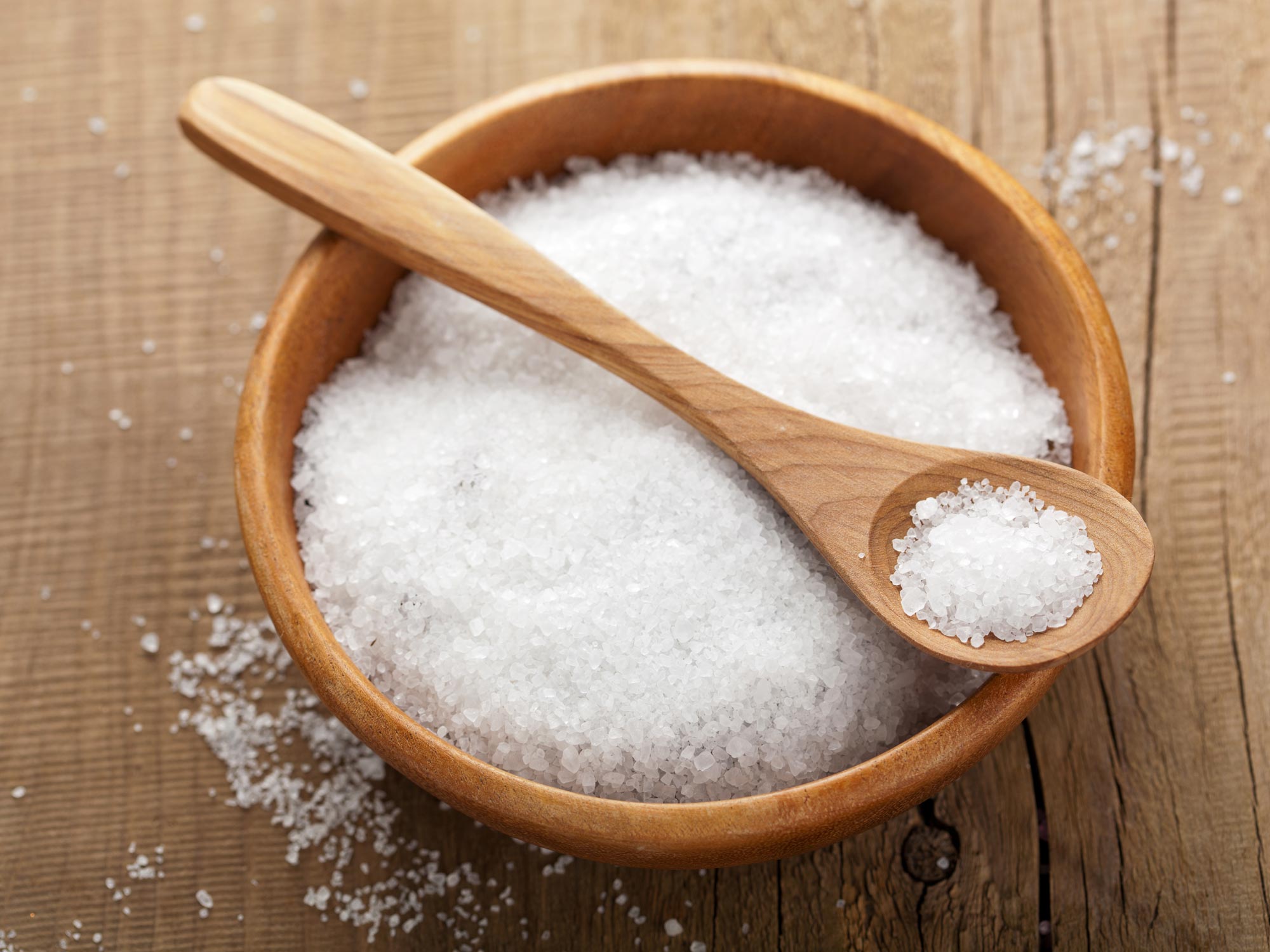Get Easy Health Digest™ in your inbox and don’t miss a thing when you subscribe today. Plus, get the free bonus report, Mother Nature’s Tips, Tricks and Remedies for Cholesterol, Blood Pressure & Blood Sugar as my way of saying welcome to the community!
Pass the salt, please, and bypass the heart attack

There’s yet another reason to feel salty about mainstream medicine’s advice about salt…
For years your doctor has been telling you to eat less salt because salt causes heart disease.
Except it doesn’t. And that’s been proven time and time again.
Quite the opposite, in fact… low-salt diets may be harming your heart more than salt ever could.
Late last year, a study came out showing that people with moderate heart failure who followed low-sodium diets were 85 percent more likely to die or require hospitalization than those who didn’t reduce their salt intake.
And now another study confirms that eating less salt could have disastrous effects on your heart health.
A large worldwide study conducted by researchers from the Population Health Research Institute (PHRI) of McMaster University and Hamilton Health Sciences found that low-salt diets actually increase your risk of cardiovascular disease.
In fact, researchers found that regardless of whether you have high blood pressure or not, eating less salt leads to more strokes, heart disease and death.
The reason low-salt diets are so dangerous is that salt is necessary for human health. Our bodies use salt to prevent dehydration, transmit nerve impulses and keep cells up and running.
Of course, I’m not talking about the white salt you find on the table at your local diner.
Just like any other processed food, refined white salt is really bad for your health. In fact, the salt you find in your average salt shaker is actually just a combination of sodium chloride and chemicals — a far cry from the natural sea salt your body needs.
Your best bet when selecting salt for health purposes is to choose Himalayan pink salt, which contains more than 80 essential minerals and trace elements that contribute to good health. You can also try Mediterranean, Celtic or Pacific sea salt — all of which have unique tastes and unique health benefits.
Give your body the salt it needs
If you’re looking for a clever way to give your body the salt it needs besides cooking with it, try making a natural sole (pronounced so-lay), which is a mixture of dissolved salt and water.
All you have to do to make a natural sole is fill a jar a quarter of the way full with high-quality salt (no processed table salt allowed) and add water, leaving an inch of room at the top of the jar. You can also use a few large Himalayan salt crystal stones if you prefer. Then you put a lid on the jar, shake it, and let it sit overnight. Check on your jar the next day, and if you see salt on the bottom of the jar, then the water has absorbed as much salt as possible, and your natural sole is ready. If there’s no salt on the bottom, add a bit more salt and try the whole process again.
Once it’s ready, you can add a teaspoon of natural sole to a glass of water every morning before eating or drinking anything else. Sole is supposed to hydrate, detoxify, alkalinize and benefit your body in numerous other ways — all because of the healing power of sea salt. Some people even use it as a replacement for coffee because it makes them feel so good. Check out this video for more details on making your own natural sole.
Editor’s note: There are perfectly safe and natural ways to decrease your risk of blood clots including the 25-cent vitamin, the nutrient that acts as a natural blood thinner and the powerful herb that helps clear plaque. To discover these and other secrets of long-lived hearts, click here for Hushed Up Natural Heart Cures and Common Misconceptions of Popular Heart Treatments!
Source:
-
Doukky, E. Avery, A. Mangla, F.M. Collado, Z. Ibrahim, M.F. Poulin, D. Richardson, L. H. Powell, “Impact of Dietary Sodium Restriction on Heart Failure Outcomes CME.” JACC Heart Failure. 2016;4(1):24-35.
-
Andrew Mente et al. Associations of urinary sodium excretion with cardiovascular events in individuals with and without hypertension: a pooled analysis of data from four studies. The Lancet, 2016.
-
“Our bodies need salt, but not too much – or too little.” The Herald Tribune. http://health.heraldtribune.com. Retrieved May 22, 2016.
-
“How To Make Sole.” Wellness Mama. http://wellnessmama.com. Retrieved May 22, 2016.
-
“Sole: My Replacement for Morning Coffee.” Karen Atkins. YouTube. https://www.youtube.com/watch?v=ZDAaN7WqTBA. Retrieved May 22, 2016.














